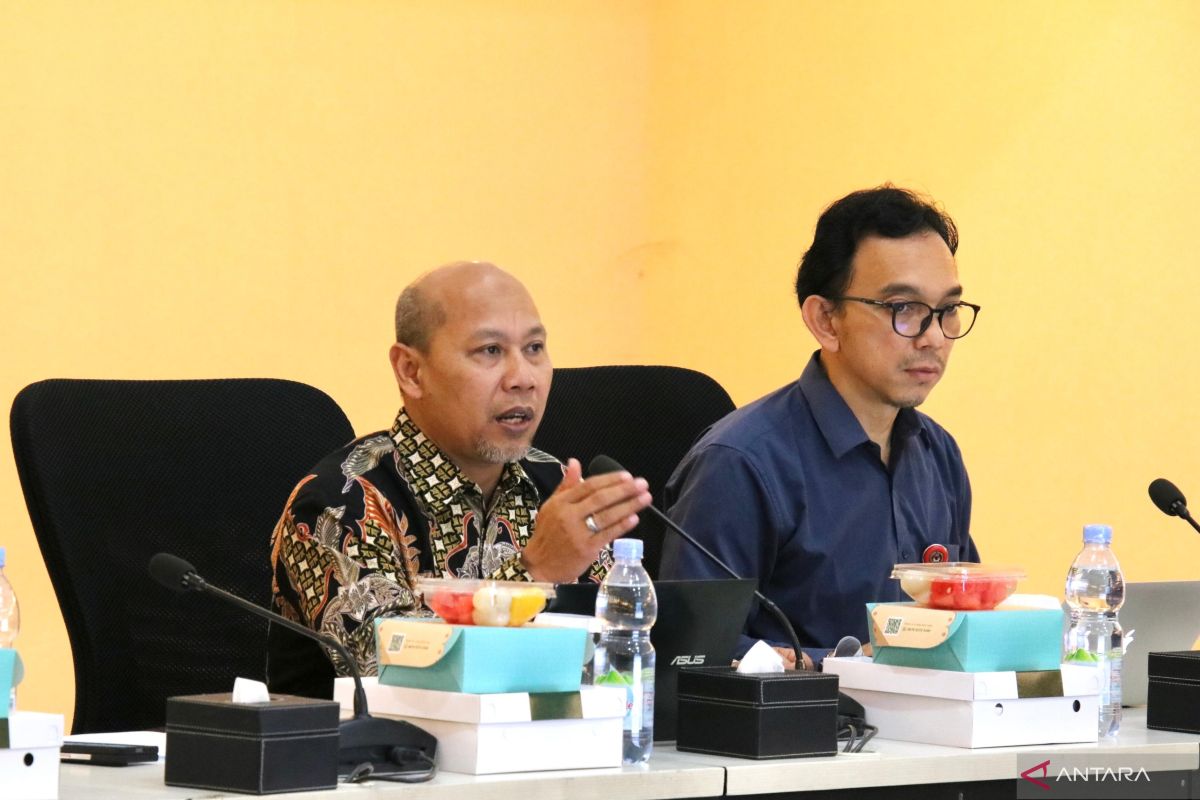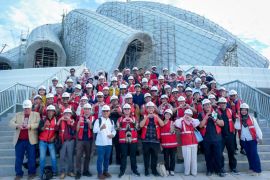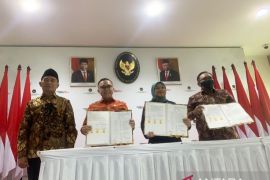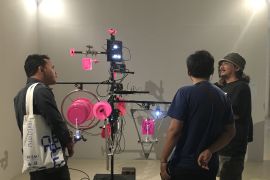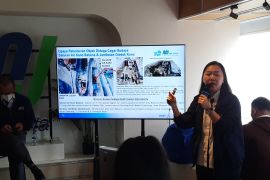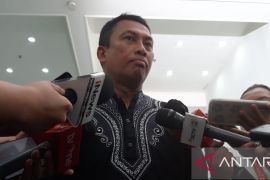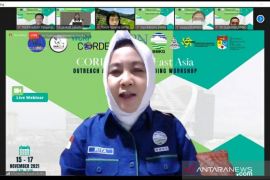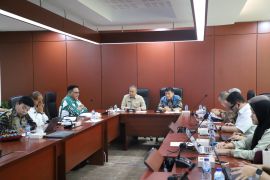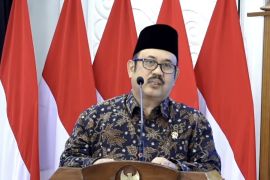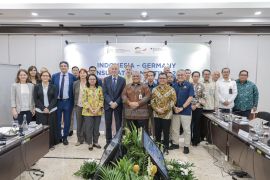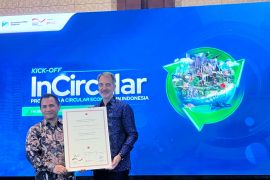“Culture is not merely an accessory to development—it is the spirit that guides the nation’s direction,” said Warsito, Deputy for Character and National Identity Development at the ministry, in a statement issued Friday in Jakarta.
“Culture is a transformative force. It’s not just about preserving the past, but about shaping Indonesian citizens with strong character, global competitiveness, and excellence,” he added.
The drafting of the 2025–2029 RAN-PK follows the issuance of Presidential Regulation No. 115 of 2024 on the Master Plan for Cultural Advancement (RIPK) 2025–2045, which outlines the strategic direction of Indonesia’s cultural development over the next two decades.
Warsito stressed that RAN-PK must become a concrete roadmap to achieve the broader vision of “Golden Indonesia 2045.” The document is intended as an operational tool that lays out sectoral and cross-sectoral policy directions, integrates cultural programs across ministries and government institutions, establishes measurable targets, and details implementation mechanisms along with success indicators.
He also emphasized that the RAN-PK should not merely be a technocratic document, but a reflection of cross-sectoral collective commitment.
“We want to ensure that all ministries and agencies demonstrate tangible commitment. RAN-PK is a shared effort and a policy legacy for future generations,” he said.
Warsito highlighted three critical points that require joint attention: first, cross-sectoral synergy from the planning stage; second, concrete commitments in the form of programs and performance indicators; and third, budget allocations that reflect culture’s strategic position on par with education and human resource development.
He further asserted that culture should be a living heritage, not just a record of the past.
“Let us make RAN-PK a real instrument—not merely an archive. Culture must be the soul of national development,” he said.
Meanwhile, Bambang Wibawarta, Secretary General of the Ministry of Culture, stressed the importance of incorporating artificial intelligence (AI) into cultural development programs. He cautioned that while technology can pose risks to cultural values, it also holds the potential to enhance creativity and enrich cultural expression.
Qurrota A’yun, Deputy for Human Development and Culture at the National Development Planning Agency (Bappenas), also emphasized the need for an open and participatory funding model that does not rely solely on the state budget (APBN) but instead leverages alternative funding sources through multi-stakeholder approaches.
Related news: Culture must ground village development: minister
Related news: Jakarta's urban development must be rooted in cultural values : DPRD
Translator: Lintang, Azis Kurmala
Editor: M Razi Rahman
Copyright © ANTARA 2025
